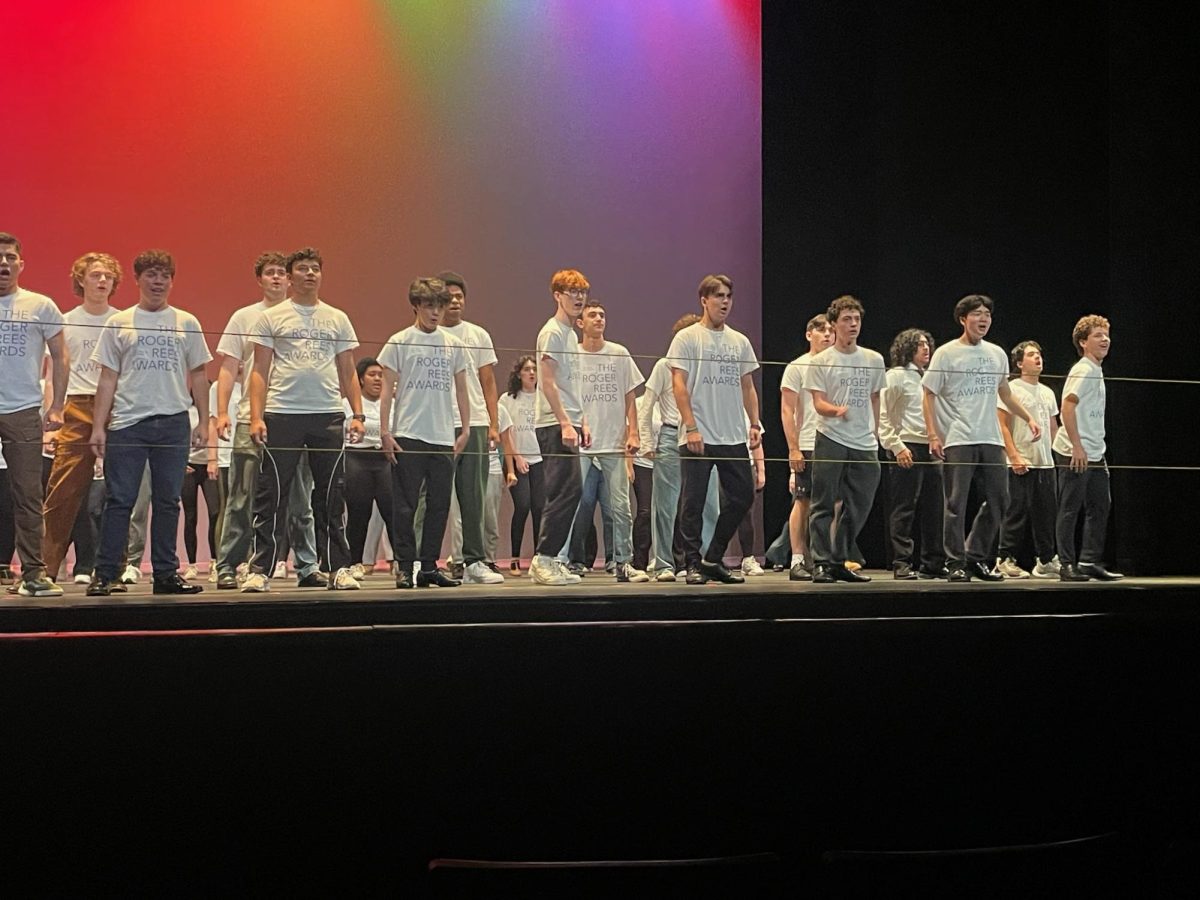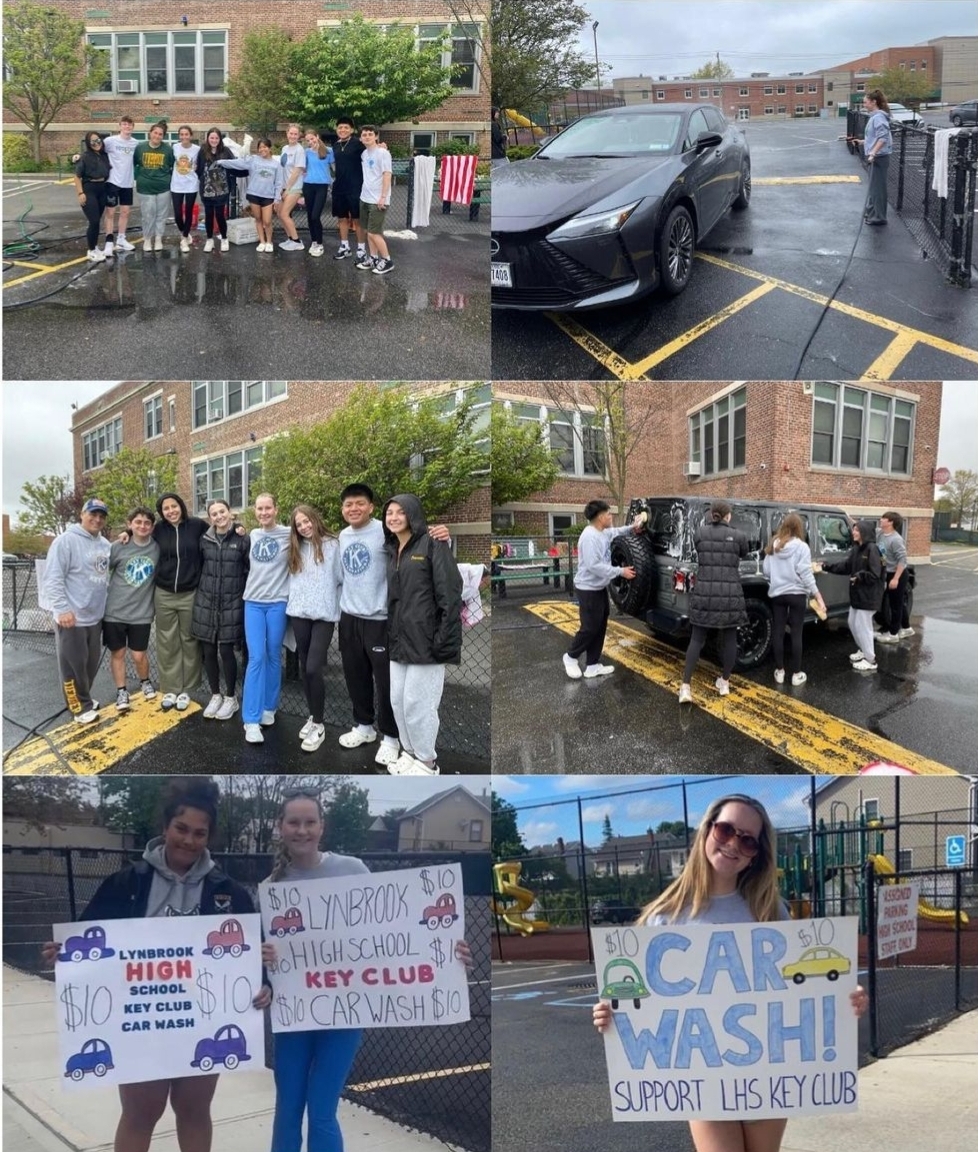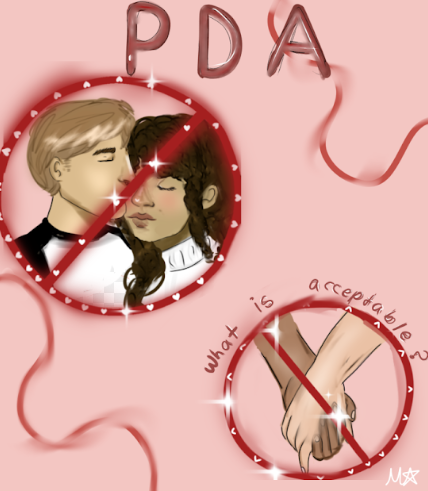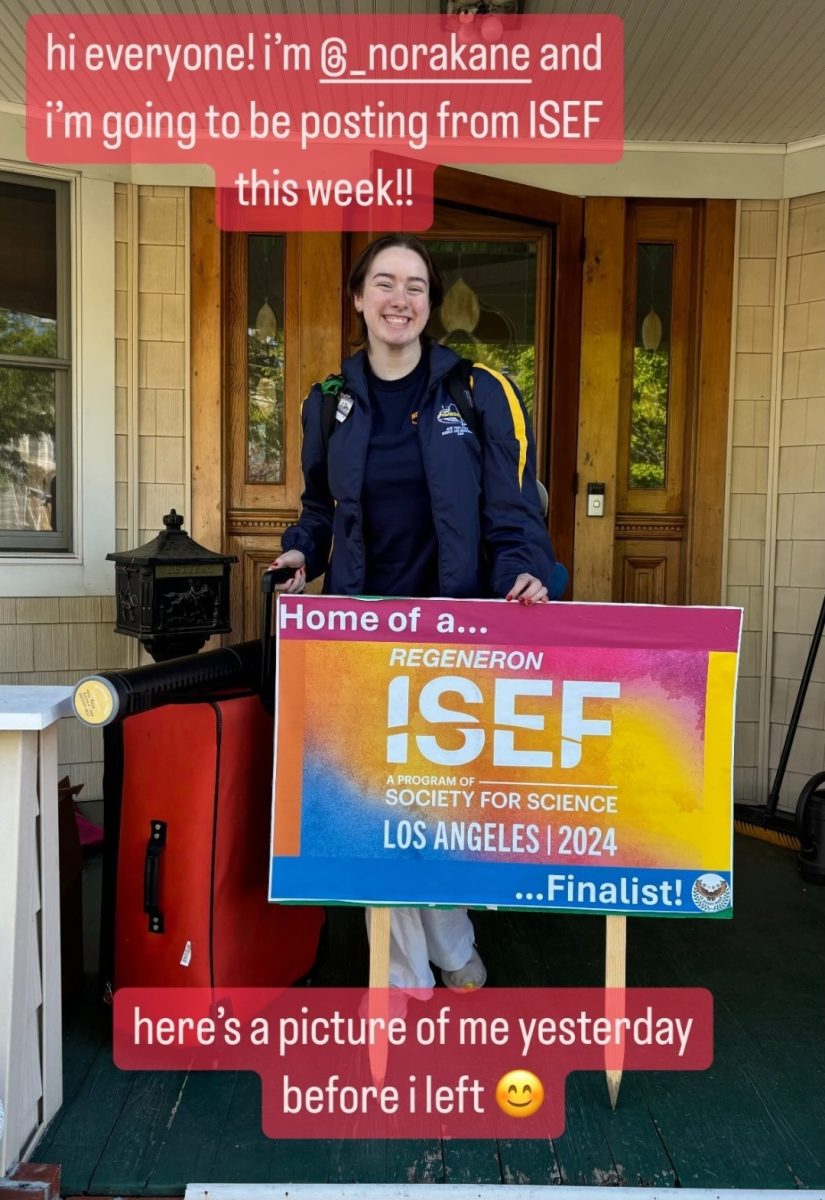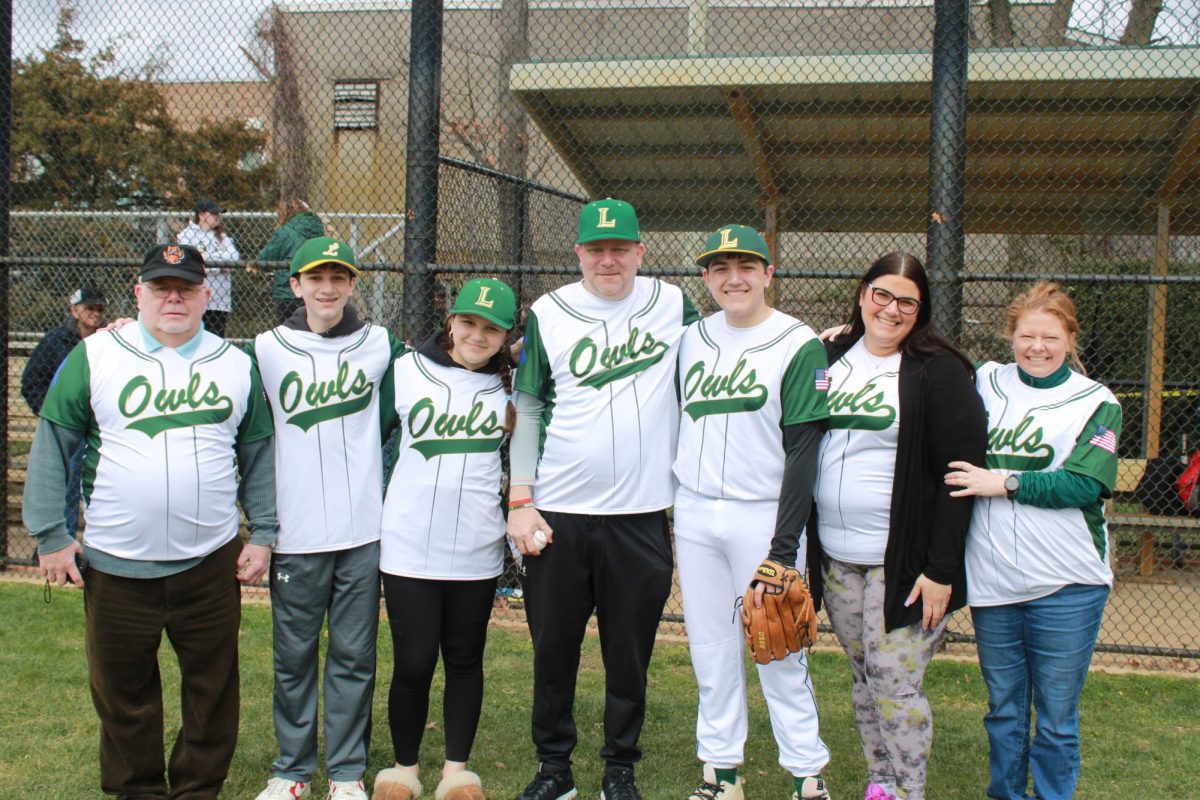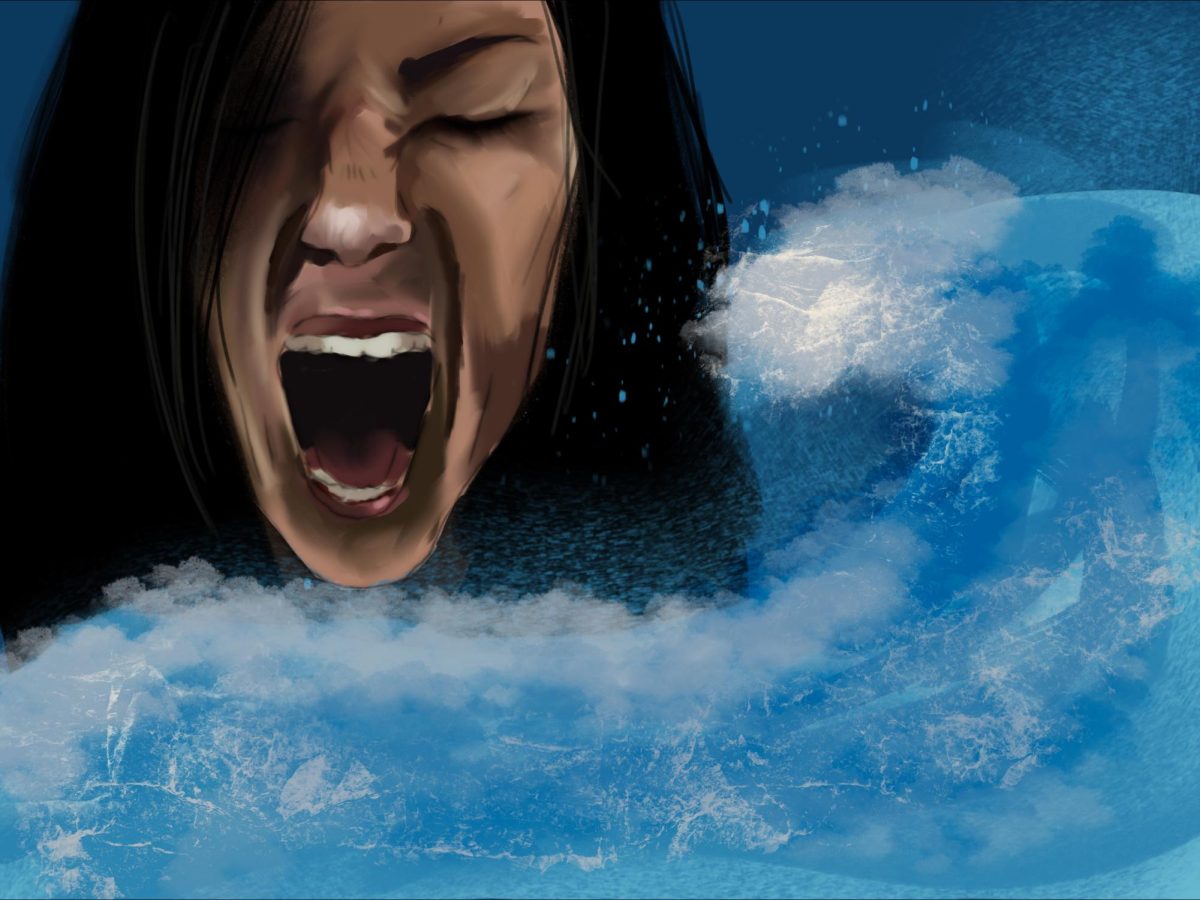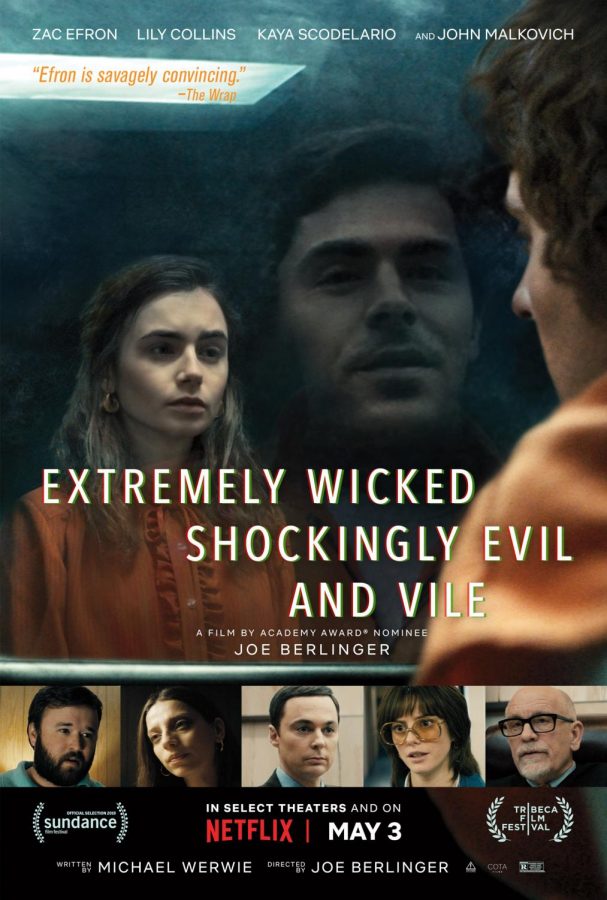Sympathy for Serial Killers: A Hollywood Epidemic
There is no simpler thrill than turning the television on to your favorite crime show. For decades, viewers have basked in the entertainment of watching their favorite Hollywood actors portray serial killers in movies and on TV. Some of the most lovable actors have been chosen to play these parts, simply because of their reputation: lovable. But is this how we should present and thus remember these monsters? Is it fair to paint a mass murderer as relatable, emotional, funny, charming, or friendly? As a society, we have jaded the foul memory of serial killers by being manipulated to sympathize with them–and Hollywood is to blame.
As a fellow viewer of crime television, I have likewise fallen victim at the hands of Hollywood. We are all so fascinated by the minds of serial killers that we seem to overlook the cause of their infamy: They viciously murdered innocent people. Popular shows such as American Crime Story: The Assassination of Gianni Versace and Dexter show the background of the killers’ lives to create a human behind the monster. Slowly but effectively, each episode brainwashes the viewer to feel sorry for the killer, overshadowing pity for the victims.
Not only are the murderers humanized, but they are even glorified. The characters are often well-liked, charismatic, and flirtatious– that is when they are not off killing people. While we still recognize these people as killers, we fail to truly remember their disgusting pasts. Instead, we now feel a sense of pity for them, excusing their crimes for their mental illness or troubling childhood. On The Assassination of Gianni Versace, each episode reveals a bit more of killer Andrew Cunanan’s sad childhood. By the end of the series, I regret to admit that I felt sorry for him. I began to justify his crimes and rationalize the thought process of each of his murders. But this man who killed five innocent people does not deserve my pity, let alone the pity of an audience of millions. Freshman Rachel Belmont agrees stating, “Crime TV usually victimizes the killer and doesn’t give enough attention to the actual victims. It’s disturbing but really interesting to watch.”
Other serial killers’ morbid stories are now being reenacted for the big screen. Jeffrey Dahmer and Ted Bundy, arguably two of the most notorious names in recent American crime, are each getting their own movie about his life. Disney star Ross Lynch was casted to play Dahmer, in the biographical horror film My Friend Dahmer, while heartthrob Zac Efron was casted to play Bundy in Extremely Wicked, Shockingly Evil and Vile. Because of these actors’ large fanbases, the movies are sure to be blockbusters. However, their popularity is bound to alter the audience’s point of view. Freshman Alex Travis commented on the film stating, “I knew I wanted to watch this movie because Zac Efron is in it. Part of me couldn’t believe that someone that looked like that committed those horrible crimes.” The viewers no longer see a hostile serial killer; they see the cute, charming actor they know and love.
According to Dr. Iris Ackerman, a clinical social worker, “People are powerfully drawn to view and understand the gruesome and unconscionable side of human nature. Serial killers become the popular subject of media coverage, which elevates them to a kind of celebrity, monster, or psychopath. People are also very intrigued by trying to understand what in their backgrounds contributed to the making of such killers who often present like normal people who can be quite charismatic.”
Clearly, Hollywood has a particular affinity with the estranged, something that many of us have in common. The portrayal of serial killers on television and in movies has led us to believe that these people are somewhat relatable, empathetic, and sorrowful. In reality, they are less than human, monstrous wretches who deserve no pity, no glory, and no fame.

I am the editor-in-chief of the Horizon newspaper and a member of the Class of 2022. I am also the captain of the LHS Speech, Debate, and Model Congress...

